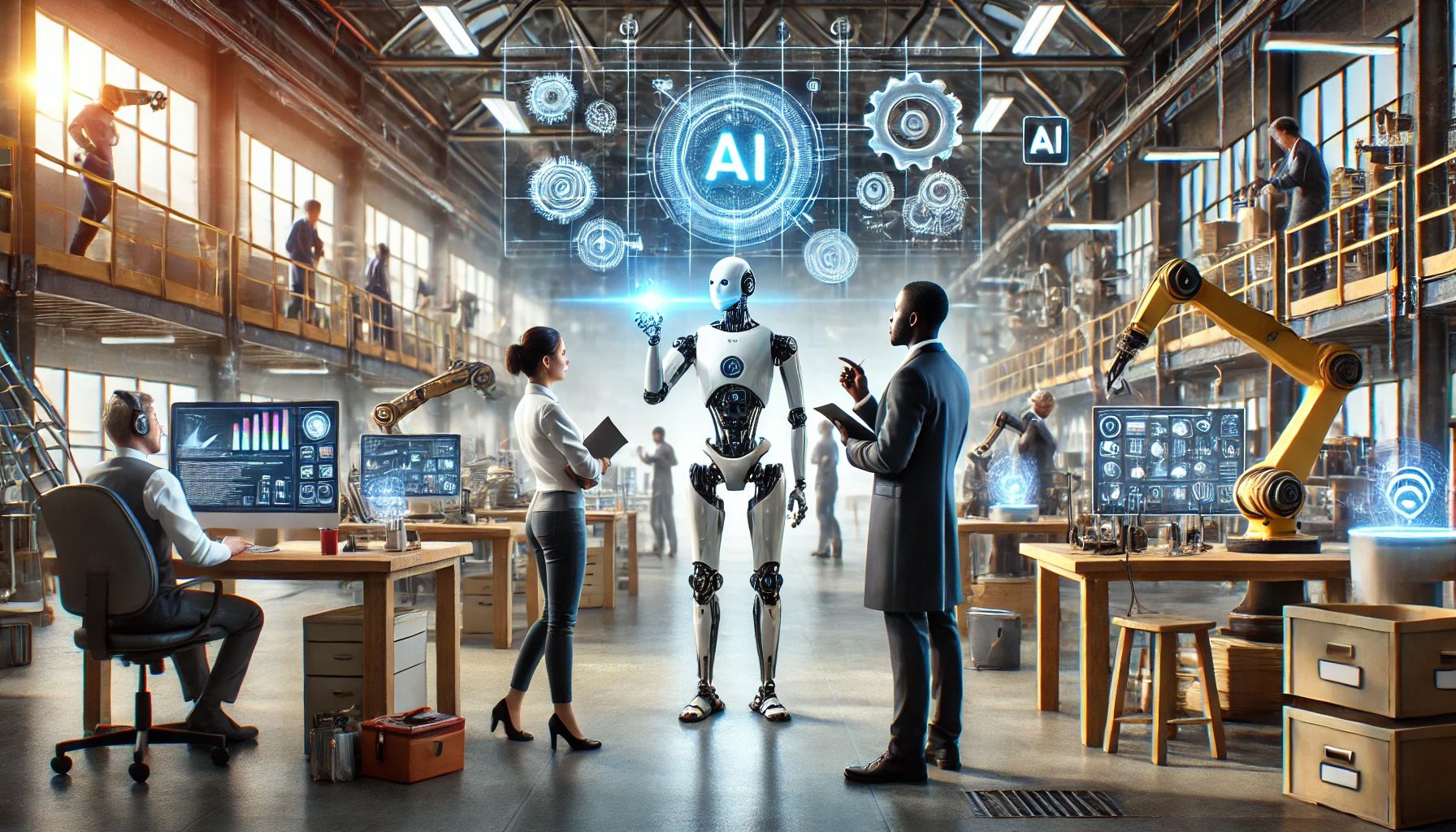Artificial Intelligence (AI) is revolutionizing the retail industry, enabling businesses to deliver smarter, faster, and more personalized experiences. From customer service to supply chain optimization, understanding how AI functions in retail is essential for staying competitive in a rapidly evolving marketplace.
What Is AI in Retail?
AI in retail refers to the use of intelligent algorithms and data-driven technologies to automate, optimize, and personalize various retail operations. These AI systems learn from customer behavior, inventory trends, and sales data to make smarter decisions and enhance business performance.
Key Applications of AI in Retail
Personalized Customer Experiences
AI helps retailers deliver hyper-personalized shopping experiences. By analyzing customer data—such as browsing history, purchase behavior, and preferences—AI-powered recommendation engines suggest relevant products, increasing engagement and sales.
Smart Inventory Management
AI algorithms can forecast demand, manage stock levels, and predict future inventory needs with remarkable accuracy. This reduces overstocking and stockouts, helping retailers maintain lean, cost-effective operations.
Chatbots and Virtual Assistants
AI-driven chatbots provide 24/7 customer service by handling common inquiries, order tracking, and even assisting with product selection. This reduces response time and enhances customer satisfaction while saving on staffing costs.
Visual Search and Image Recognition
AI enables customers to search for products using images instead of text. This improves product discovery and enhances the shopping journey, especially in fashion, furniture, and home decor.
Fraud Detection and Security
Retailers use AI to detect unusual transaction patterns, preventing fraud and minimizing risks. Machine learning models continuously improve by analyzing large volumes of transaction data to identify suspicious activity.
Pricing Optimization
Dynamic pricing algorithms powered by AI adjust prices in real time based on demand, competitor pricing, customer behavior, and seasonality. This ensures competitive pricing and maximizes profitability.
Supply Chain and Logistics
AI helps optimize delivery routes, warehouse operations, and supplier relationships. Predictive analytics improve delivery timelines, reduce transportation costs, and ensure seamless supply chain execution.
Challenges and Considerations
While AI presents many advantages, retailers must navigate several challenges:
- Data Privacy: Handling large volumes of customer data requires strict compliance with privacy laws and ethical standards.
- Integration Complexity: Incorporating AI into existing systems and workflows can be technically demanding and resource-intensive.
- Bias and Fairness: AI systems must be trained carefully to avoid reinforcing existing biases in customer data and decision-making.
Conclusion
AI is redefining the future of retail, offering powerful tools to boost efficiency, enhance customer experience, and drive growth. Understanding the capabilities and implications of AI allows retailers to make informed decisions, implement effective strategies, and lead in a competitive market. With the right balance of technology and human insight, AI can be a game-changer for the retail world.







Leave feedback about this